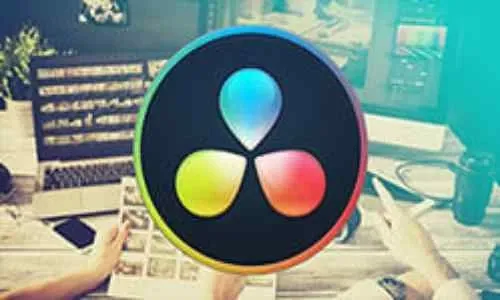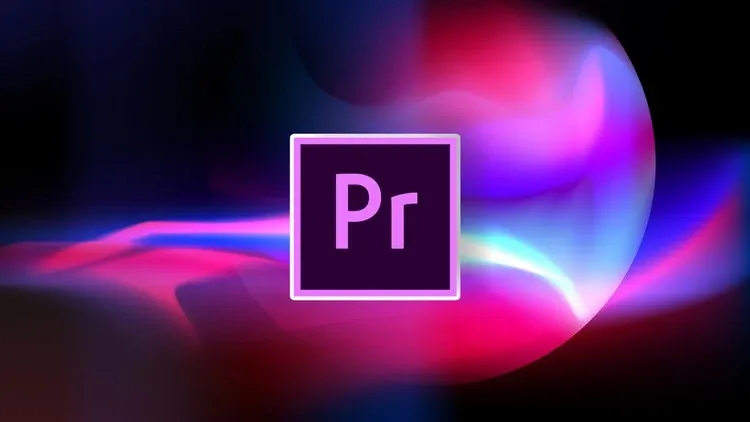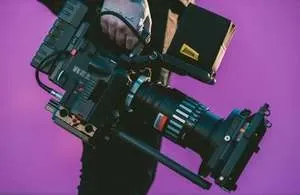



 Tech & IT
Tech & IT
 Business
Business
 Coding & Developer
Coding & Developer
 Finance & Accounting
Finance & Accounting
 Academics
Academics
 Office Applications
Office Applications
 Art & Design
Art & Design
 Marketing
Marketing
 Health & Wellness
Health & Wellness
 Sounds & Music
Sounds & Music
 Lifestyle
Lifestyle
 Photography
Photography
More Learnfly
Business Solution Become an Instructor"Videography is the art of capturing dynamic visuals in motion. From composition to camera movement, videographers skillfully translate stories into moving images. This craft involves technical proficiency, creativity, and a keen eye for detail, ensuring that every frame contributes to a compelling and visually engaging narrative."












Learn more topics in various categories at one place. Explore unlimited courses in other categories and up-skill yourself today.

 Jazeb Akram
Jazeb Akram 4.2 771170 Beginner Level

 John Hedengren
John Hedengren 4.1 569079 All Level

 Ranjan Pandey
Ranjan Pandey 4.1 346747 All Level

 Muhammad Ahsan Pervaiz
Muhammad Ahsan Pervaiz 4.2 101359 All Level

 Pieter Vliegenthart
Pieter Vliegenthart 4.6 100931 All Level

 Jerome P.
Jerome P. 4.8 100911 All Level

 Senol Atac
Senol Atac 4.9 100133 All Level

 Vikas Munjal
Vikas Munjal 4.8 100085 Beginner Level

 Avinash A
Avinash A 4.8 100042 All Level

 Venkatesh Baskaran
Venkatesh Baskaran13 Lectures All Level

 Daniela Lambova
Daniela Lambova11 Lectures All Level

 Wayne Sables
Wayne Sables35 Lectures All Level

 Viral Sutariya
Viral Sutariya61 Lectures All Level

 Vinod Kj
Vinod Kj22 Lectures All Level

 Brian Jackson
Brian Jackson20 Lectures All Level
Videography is the art and process of capturing moving images on video, typically for the purpose of creating films, documentaries, events coverage, or other visual content. It involves the use of cameras, lighting equipment, and audio devices to record and convey stories through dynamic visuals.
Videography is important as it allows for the creation of dynamic and engaging visual content. It is a versatile medium used in various fields, including filmmaking, journalism, marketing, and personal storytelling. Videography enables the communication of messages, documentation of events, and the expression of creativity through moving images.
Common components include camera operation, composition, lighting, sound recording, and video editing. Videographers must understand camera settings, angles, and movement to capture compelling footage. Lighting techniques and audio capture are also crucial for achieving professional-quality videos. Video editing completes the process by assembling and refining the footage.
Learning videography involves studying the principles of cinematography, camera operation, and video editing. Film schools, online courses, and workshops provide valuable knowledge and hands-on experience. Practicing with different camera equipment, experimenting with composition and lighting, and editing video projects contribute to skill development.
While professional equipment can enhance the quality of videography, it is not always necessary, especially for beginners. Many smartphones and consumer-level cameras offer advanced video recording capabilities. As individuals advance in their skills and projects, they may choose to invest in professional-grade cameras, lenses, and audio equipment based on their specific needs.





